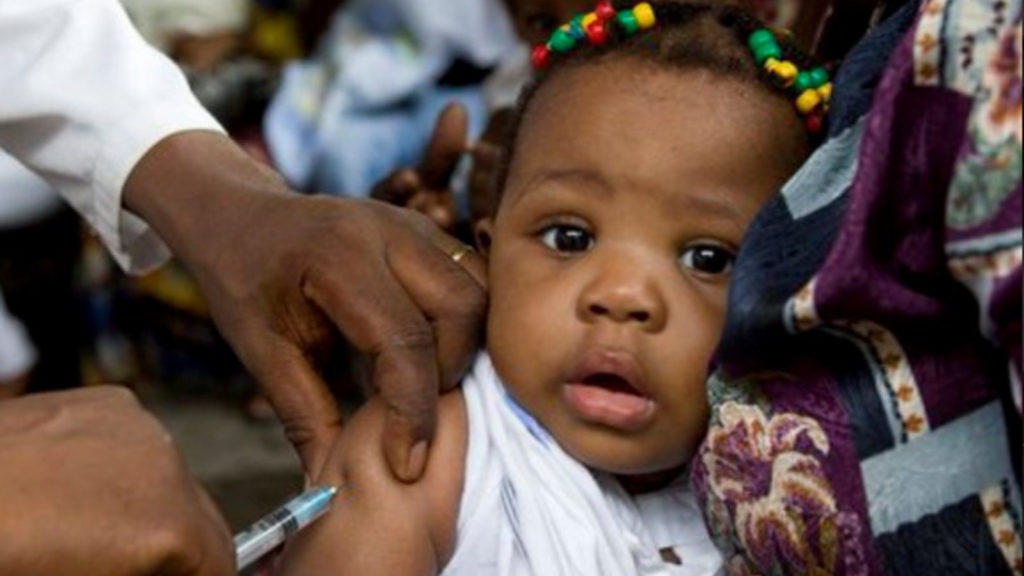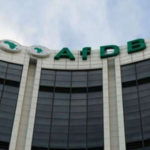New Hope School, a beacon of hope and education for children with special needs in Pretoria, is set to receive a generous donation of…
Prize of $10k up for grabs for two startups in Seedstars Health Challenge

Seedstars, the Swiss organisation that assists tech startups in emerging markets, has teamed up with the Bill & Melinda Gates Foundation to identify innovative solutions to vaccine delivery and the malaria supply chain in Africa through the Seedstars Health Challenge.
The initiative — which was first announced at the Seedstars Africa Summit in Dar es Salaam, Tanzania last Thursday (13 December) — entails two separate challenges, namely the Vaccine Delivery Challenge and the Malaria Challenge.
Two selected startups — one from each challenge — will be each awarded with a $10 000 prize at the Seedstars Global Summit in Switzerland in April next year. Applications for both close on 20 February 2019.
Two Seedstars Health Challenge winners will each receive $10 000 prizes at the Seedstars Global Summit in Lausanne, Switzerland in April 2019
Vaccine Delivery Challenge
Seedstars and the Bill & Melinda Gates Foundation are looking for innovative solutions that will provide caregivers with practical knowledge about vaccines and vaccination.
Solutions sought under this challenge include those that:
- Familiarise caregivers with information on where and when routine and or campaign services are provided.
- Educate caregivers about how many times a child should be vaccinated and the importance of timely vaccination.
- Address common concerns such as multiple injections, post-vaccination and discomfort, that may result in missed opportunities for vaccination.
- Help get caregivers to ask for full vaccination services.
- Create behavioural “nudges” for those seeking vaccines and translate intention into action.
Malaria Challenge
To be considered for the challenge applicants must have solutions that are able to reach the last mile. Solutions presented should also have the end goal of improving the process of collection and transmission of supply-chain data in both the private and public sectors.
Special attention will be paid to solutions that:
- Can help track quality malaria commodities all the way to the patient.
- Detect sub-standard or counterfeit malaria medication or drugs.
- Improve internal data and information flows of remote healthcare facilities.
- Monitor commodities across informal channels.
- Can be replicated in the hardest and most remote of places.
Featured image: WHO African Region via Twitter

